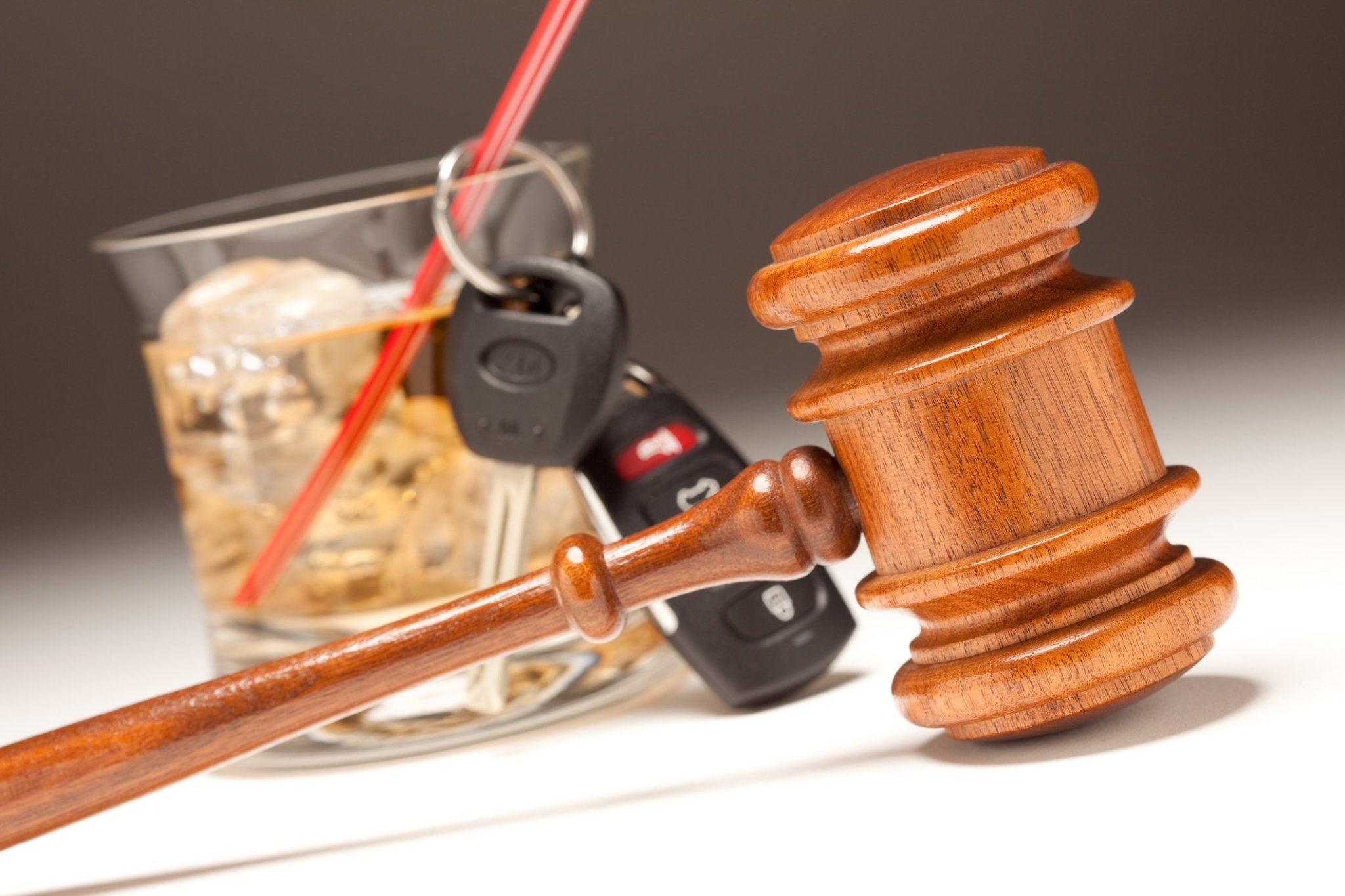Florida just became a little stricter when it comes to its DUI laws. While the state has always taken a tough stand against drinking and driving, a recent bill has taken things one step further with an Ignition Interlock Device law.
The Ignition Interlock Device Bill
In March 2017, the Florida House Committee passed the Ignition Interlock Device (IID) Bill. The bill made it past the Transportation and Infrastructure Committee, but it still needs to pass through two other committees before making it to the House floor. If they approve the bill, a DUI conviction can have stricter consequences for first-time DUI offenders. And doing so would join Florida with 28 other states and DC in penalizing first-time offenders with an IID.
The Details
The bill specifically targets first-time offenders. When someone receives their first drinking and driving conviction, they need to fit their car with an Ignition Interlock Device if they fit certain criteria. They need to have had a blood alcohol content of .15% when police arrested them for drinking and driving, or they need to have been driving with minor in the car. First-time offenders with blood alcohol content under that limit and without minors in the car won’t need an IID. However, anyone with multiple DUIs will need an IID. As it stands, the bill requires the Ignition Interlock Device to stay in a vehicle for six months.
Once a car has the device, it cannot be started unless the driver blows into it and registers a blood alcohol content under the legal limit. This measure prevents those with prior DUI convictions from making the same mistakes all over again.
The History of Ignition Interlock Devices
In the 1980s, researchers worked on developing a reliable IID to prevent drunk driving. It wasn’t until the early 90s that they become reliable enough to use in vehicles. Slowly, states began to require that people with DUI convictions installed an IID into their vehicle.
In 2012, every state in the US had a law that involved IID installation. However, every state handles the issue differently. Arizona is quite strict and requires an IID for anyone with a DUI. Other states are more lenient and only require it after multiple offenses. Currently, about 9,000 IIDs are active in the state of Florida.
How they work
The device goes near the driver’s seat and connects to the car’s ignition system. The device stops the signal between the ignition and the starter unless the driver blows into it below the legal limit. If that’s the case, the car starts. At another time during the drive, the driver must blow into the device again.
If the second sample is over the legal limit or if the driver doesn’t give a sample, the device logs the event and sets off an alarm that continues until the driver turns off the engine. The purpose of the multiple samples is to prevent someone other than the driver from blowing into the device to start the car.
The Cost
An IID isn’t cheap, and the government doesn’t pay for it. If you need an IID, you need to pay all the fees that it involves. The first fee is the installation, which needs to be done by a licensed installer. Although the price varies, you can expect to pay up to $100 for installation. Then, there’s the monthly maintenance fee. That ranges from about $50 to $100 a month until you no longer need the device.
Florida DUI Laws
The Ignition Interlock Device Bill adds to an already strict drunk driving policy. Florida DUI laws have several consequences for drivers convicted of drinking and driving. Police can arrest any driver with a blood alcohol content of over .08. The results depend on the number of previous convictions and the blood alcohol content.
For example, the fine for a first-time conviction with BAC less than .15 is between $500 and $1000. A first-time offender with a BAC of .15 or higher or a minor in the car is between $1000 and $2000. Meanwhile, people with two convictions face fines that are double those of first-time offenders. Third and fourth-time offenders face even harsher fines.
Another repercussion is impoundment. A first-time offender can expect to have their car impounded for ten days, a second-time offender can expect it for 30 days, and a third-time offender can expect it for 90 days.
Community service is also a consequence of a Florida DUI. First-time offenders must do at least 50 hours of community service. Harsher terms include probation and imprisonment. In some cases, a judge can order an individual to a rehabilitation facility instead of prison.
Fighting a DUI
Facing the harsh penalties of a DUI can be scary. But you don’t have to do it alone. An experienced Florida DUI lawyer can help you fight the charges and can minimize the consequences. Find a local lawyer who can stand up for you in court.




